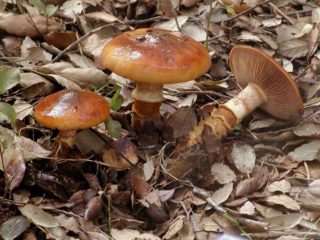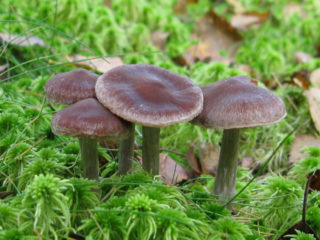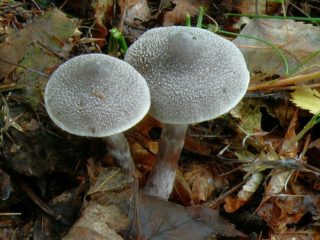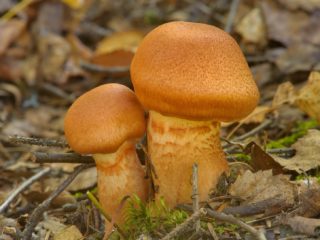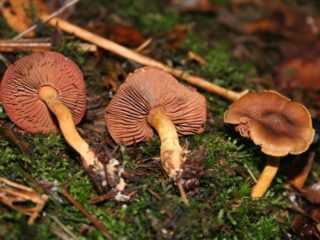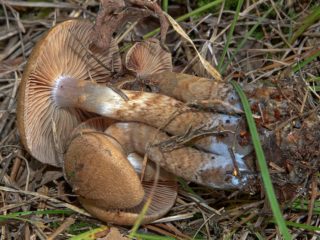Content
The blue webcap, or Cortinarius salor, belongs to the Spiderweb family. Occurs in coniferous forests, exclusively in late summer and early autumn, in August and September. Appears in small groups.
What does a blue webcap look like?
The mushroom has a characteristic appearance. If you know the main signs, it is difficult to confuse it with other representatives of the gifts of the forest.
Description of the hat
The cap is mucous, the diameter is from 3 to 8 cm, initially convex, eventually becomes flat. The color of the tubercle of the cap is bright blue, gray or pale brown prevails from the center, and the edge is purple.
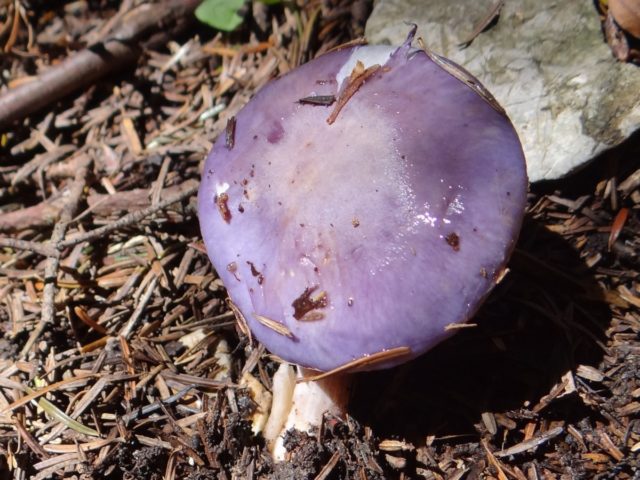
The spider web hat is closer to the lilac color
Leg description
The plates are rare, when they appear bluish, then turn purple. The leg is slimy, dries up in dry climates. Has a light blue, lilac shade. The size of the leg is from 6 to 10 cm in height, the diameter is 1-2 cm. The shape of the leg is thickened or cylindrical closer to the ground.
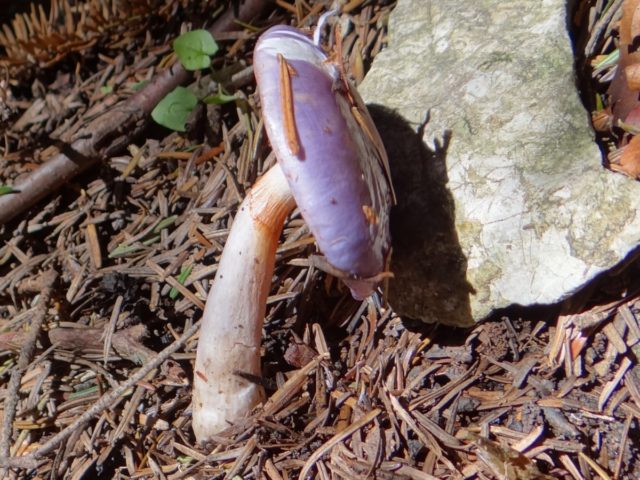
The pulp is white, bluish under the skin of the cap, has neither taste nor smell.
Where and how it grows
It grows in coniferous forests, prefers a climate with high humidity, appears near birch, in the soil in which there is a high content of calcium. Quite a rare mushroom that grows exclusively:
- in Krasnoyarsk;
- in the Murom region;
- in the Irkutsk region;
- in Kamchatka and in the Amur region.
Is the mushroom edible or not
It is of no interest to mushroom pickers, since it is not edible. It is prohibited to consume in any form. Listed in the Red Book.
Doubles and their differences
It bears a strong resemblance to the purple row, as it grows in identical places, in the same soil.
The cap at the ryadovka is more rounded than the cobweb, and the stem of the mushroom is smaller in height, but thicker. Many mushroom pickers, due to the strong similarity of the two species, can confuse these specimens. The row is suitable for pickles, so you need to be able to distinguish between the two.
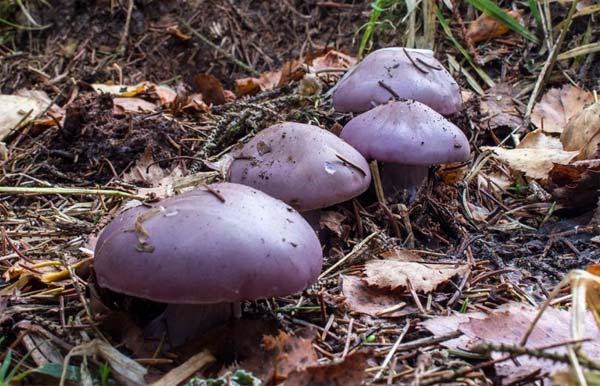
The size and shape of the ryadovka fruiting body differs from the blue webcap
Conclusion
The blue webcap is an inedible mushroom that should not be placed in a basket with the rest of the harvest. Carelessness during collection and subsequent preparation can lead to poisoning.

